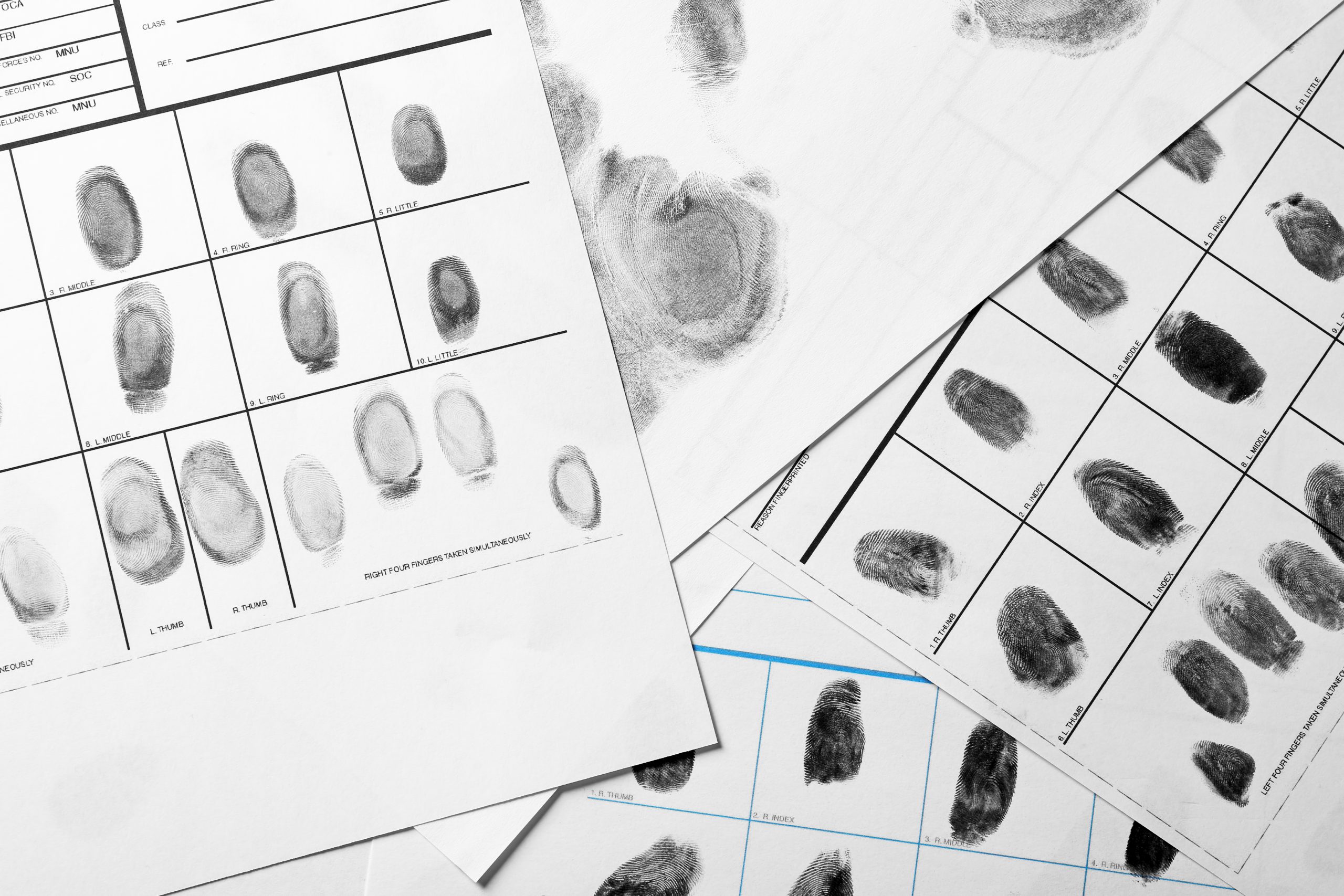Virginia categorizes crimes as either misdemeanors or felonies. Misdemeanors are less serious charges and thus carry less severe sentences, which typically means little or no jail time and lower fines. On the other hand, felonies are serious charges with serious consequences, both in terms of penalties—which can be long prison sentences and large fines—and the long-term impacts of having a permanent criminal record.
Understanding felony classifications in Virginia allows defendants and their families to be aware of possible sentences that come along with the charges that defendants face. If you were charged with a felony, seek advice from an experienced criminal defense attorney to be sure that you know your rights and the potential outcomes of your charges, as well as to build a case in your defense. Experienced criminal defense attorneys may be able to point to procedural, constitutional, or other violations that could mitigate your charges to a less serious offense and avoid the consequences of having a felony conviction.
Felony Classifications in Virginia
There are six classes of felonies in Virginia, with Class 1 being the most serious, and Class 6 being the least serious. The potential sentencing range varies per classification and is consolidated into a chart below.
Class 1 Felony
Class 1 felonies are the most serious of charges in the Commonwealth. The maximum prison sentence for a conviction of a Class 1 felony is life in prison and the maximum fine is $100,000.00. If the defendant is convicted and is over the age of 18 and not mentally incapacitated, a death sentence is possible.
Premeditated murder is an example of a Class 1 felony.
Class 2 Felony
Class 2 felonies are punishable by a minimum of 20 years imprisonment and maximum of life in prison. The maximum fine for a conviction of a Class 2 felony is $100,000.00.
Arson, murder, kidnapping, aggravated malicious wounding, and burglary with a deadly weapon are examples of Class 2 felonies.
Class 3 Felony
Class 3 felonies are punishable by a minimum of 5 years imprisonment and maximum of 20 years imprisonment. The maximum fine for a conviction of a Class 3 felony is $100,000.00.
Malicious wounding, attempted poisoning, and burglary are examples of Class 3 felonies.
Class 4 Felony
Class 4 felonies are punishable by a minimum of 2 years imprisonment and maximum of 10 years imprisonment. The maximum fine for a conviction of a Class 4 felony is $100,000.00.
Forgery, embezzlement, prostitution, and manslaughter are examples of Class 4 felonies.
Class 5 Felony
Class 5 felonies can be charged as either a felony or a misdemeanor, depending on circumstances, including how the judge or jury treats conviction. Class 5 felonies are punishable by a minimum of 1 year imprisonment and maximum of 10 years imprisonment. The maximum fine for a conviction of a Class 5 felony is $2,500.00.
Battery and involuntary manslaughter are examples of Class 5 felonies.
Class 6 Felony
Class 5 felonies, like Class 5 felonies, can be charged as either a felony or a misdemeanor, depending on circumstances, including how the judge or jury treats conviction. Class 6 felonies are punishable by a minimum of 1 year imprisonment and maximum of 5 years imprisonment. The maximum fine for a conviction of a Class 6 felony is $2,500.00.
Animal cruelty, reckless endangerment, strangulation, soliciting prostitution of a minor, and repeat larceny are examples of Class 6 felonies.
Below is a comprehensive chart that lists the sentencing ranges for different felony classifications.
| Class | Minimum Imprisonment | Maximum Imprisonment | Fine |
| Class 1 | N/A | Life | Up to $100,000.00 |
| Class 2 | 20 Years | Life | Up to $100,000.00 |
| Class 3 | 5 Years | 20 Years | Up to $100,000.00 |
| Class 4 | 2 Years | 10 Years | Up to $100,000.00 |
| Class 5 | 1 Year | 10 Years | Up to $2,500.00 |
| Class 6 | 1 Year | 5 Years | Up to $2,500.00 |
Statute of Limitations
A statute of limitations proscribes long law enforcement has to charge you with a crime of which you are suspected of committing. However, in Virginia, most felonies do not carry with them any statute of limitations, which means that it does not matter how much time has passed since the occurrence of the crime. Law enforcement can charge you with a felony at any point.
Murder, manslaughter, rape, robbery, kidnapping, and aggravated assault and battery are examples of felony crimes that do not have a statute of limitations.
Consequences of a Felony Conviction
Being convicted of a felony has consequences far beyond imprisonment and fines. Convicted felons automatically and permanently lose their right to vote, their right to own a firearm, the ability to enlist in the armed services, the ability to run for state office, and the ability to serve on a grand jury. In addition, there are certain restrictions that convicted felons may be subject to, including access to state programs, qualification for professional licenses, qualification for scholarships and others. Finally, because criminal records are public, employers who run background checks will be able to access your records indicating a felony conviction, making it especially difficult to be hired for certain jobs.
There are many uncertainties that come along with being charged with a felony. Our criminal defense attorneys have experience with all classes of felonies in Virginia and will be able to help navigate through the legal system for the best outcome available. If you have been charged with a felony in Virginia, please don’t hesitate to reach out to Winslow, McCurry & MacCormac at (804) 423-1382 or info@wmmlegal.com to schedule a consultation to speak with an experienced criminal law attorney.
